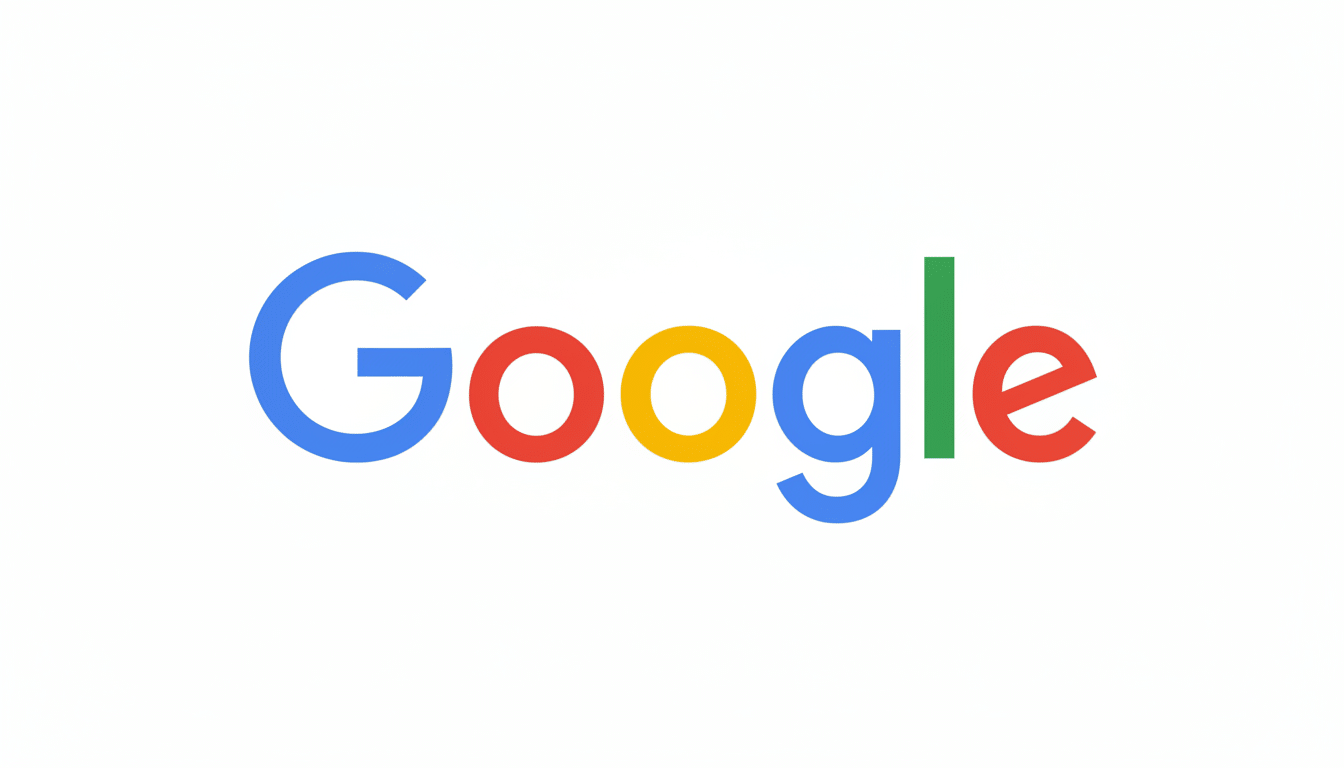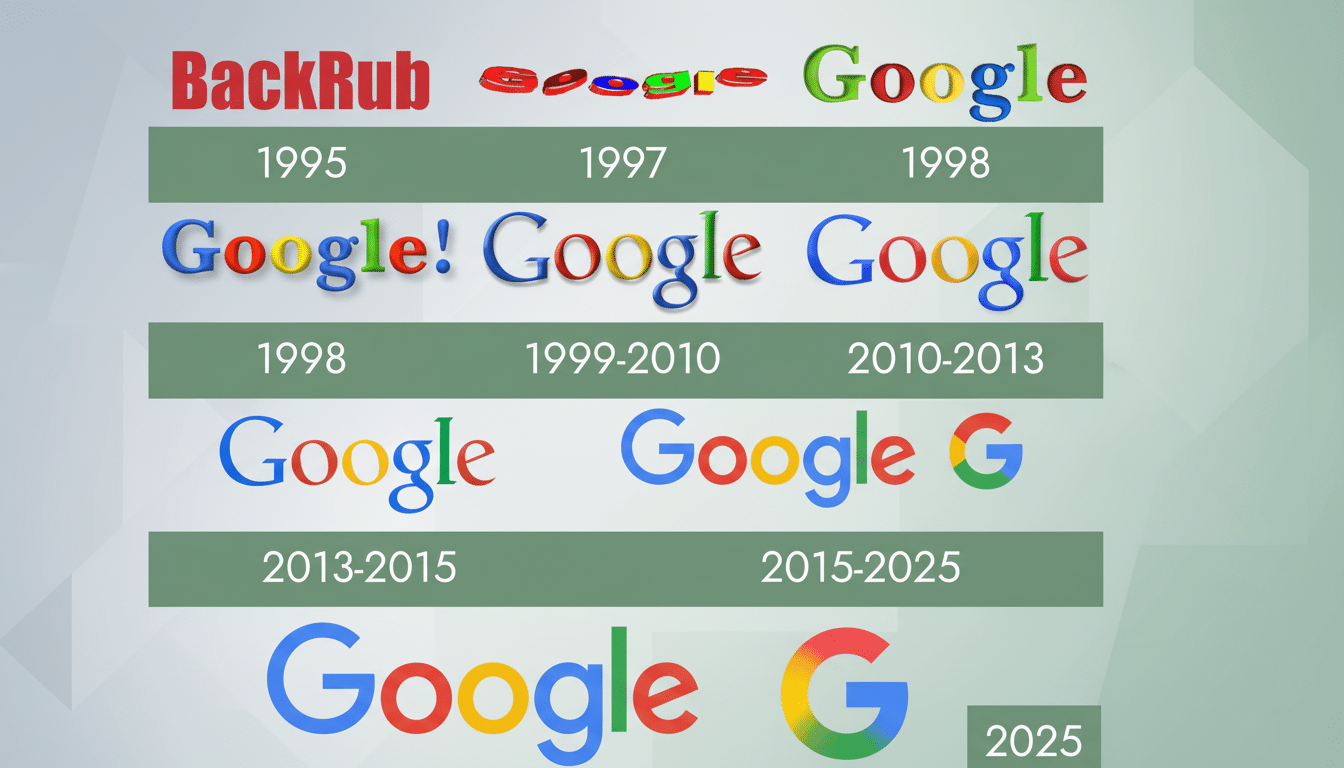Owners of the 10 series Pixel are complaining about a persistent Android Auto issue where the app gets stuck at its startup screen, either displaying nothing or failing to completely load. Google now claims that there’s a fix available — if you happen to be running Android Auto 15, that is — but early reports (including insider information from Engadget staff) indicate the fix isn’t getting out to everyone at this stage.
What Google says it has fixed
The team admitted there was an issue in a note that was previously published by the company (now unavailable) on its own support forums, and confirmed that a fix should already be in place for users running Android Auto version 15 or later: Thanks for reporting this! We’re aware of it and hope to have it fixed soon.

One of the original sources on that story confirmed to us that updating Android Auto did stop the freeze at the AA logo it had been experiencing, so that sounds like Google’s diagnosis is at least somewhat accurate.
The language used by Google suggets the patch is not just app update.
Android Auto relies a lot on server-side settings, and Google Play services flags. In practical terms, that might mean an app is the one that lets the hook out, while the fix itself comes down in bits and pieces from Google’s backend — giving a kind of patchy sensation to how updates circulate.
Why there are still glitches for some Pixel 10 owners
Several people using Android Auto 15.0 have reported that their Pixel 10 is still freezing or refusing to connect.
That gap is not uncommon within the in-car ecosystem. Android Auto is a three-way relationship: the phone’s OS and kernel, Android Auto app and related Google services and finally the head unit in your car. If one piece lags — or acts differently across makes and models — bugs surface inconsistently.
Two factors commonly complicate fixes. One, head unit split: Ford’s Sync system, Toyota’s Entune system, the MIB from Volkswagen and aftermarket receivers each do USB and wireless stacks slightly differently. Second, Pixel-gen changes – new hardware frequently includes new USB drivers, Bluetooth firmware and power management defaults that may reveal edge cases under high bandwidth session such as Android Auto projection.
There could be multiple issues at play, too.
And among other things, there’s a chance the differing numbers are due to an apples-and-oranges comparison.
In addition to the startup freeze, some users experience audio studdering or track skipping—issues that probably result from buffer management and codec negotiation rather than the first handshake. That can’t all be fixed by a single patch.
What’s working in the real world
There is anecdotal evidence that the easiest recoveries to report were a full set of updates then wired connection test. Those who updated to Android Auto 15. x — Googles Play Services, the Google app and Maps as well the car’s firmware in my case), then did a reboot of both phone and head unit reports the startup freeze has vanished in a few instances. Many others found relief only after swapping cables or ports, suggesting USB link quality as a factor.
USB cable quality is something to consider. The USB Implementers Forum recommends using TUSB-IF-certified cables for optimal performance; many charging-only cables do not have stable data lines needed for the advertising constant latency of Android Auto over projection. That’s particularly true for the Pixel 10 if you find yourself to be pushing higher data rates for maps, voice and media at the same time.

Concrete measures for stability
For now, until Google has completed deploying server-side updates, these are the best bets:
– Download Android Auto version 15 or later from the Play Store. Also update Google Play services, Google app, Maps and Carrier Services.
– On the car side, look for head unit firmware updates from your automaker or receiver manufacturer.
– Turn off phone, Remove power line of ed device or car system, restart your phone and the vehicle system. Clear out Android Auto’s cache and storage, then re-authrorize your car connection.
Test with a good quality, short USB-IF certified cable. Try different USB ports. If you typically use wireless, pair while connected over USB first to get a clean baseline.
– On the Pixel, turn off battery optimizations for Android Auto, Google Play services and Maps. Also make sure no app is imposing overly aggressive background restrictions.
— If you’re still experiencing issues, record a bug report from your phone and send us a note in the thread with a reference to that bug report so we can start talking between your app and our support team through Google; these will help us visualize what is happening under the hood.
The bigger picture for in-car Android
Android Auto’s worth is evident: turn-by-turn directions, voice control, and messaging on the dash — but its level of difficulty resides just beneath the surface. With hundreds of permutations enabled by vehicle and ever-changing operating system changes, a new flagship like the Pixel 10 can highlight integration gaps that did not surface on previous phones. The quick concession from Google, and the Android Auto 15-oriented fix let on that the company at least isolated some garlic-laden cloven hooves, but mixed reports stay strenuous reminders of just how reliant we are on every cog in the chain.
For Pixel 10 drivers, that should be an easy takeaway: Update absolutely everything and it will take some time.
The fix does sound legitimate for a significant proportion of users, and more server-side adjustments should be expected. If your car is still stuck on the Android Auto logo, it could be a different bug that requires its own fix — but the foundation for fixing that is now there.

